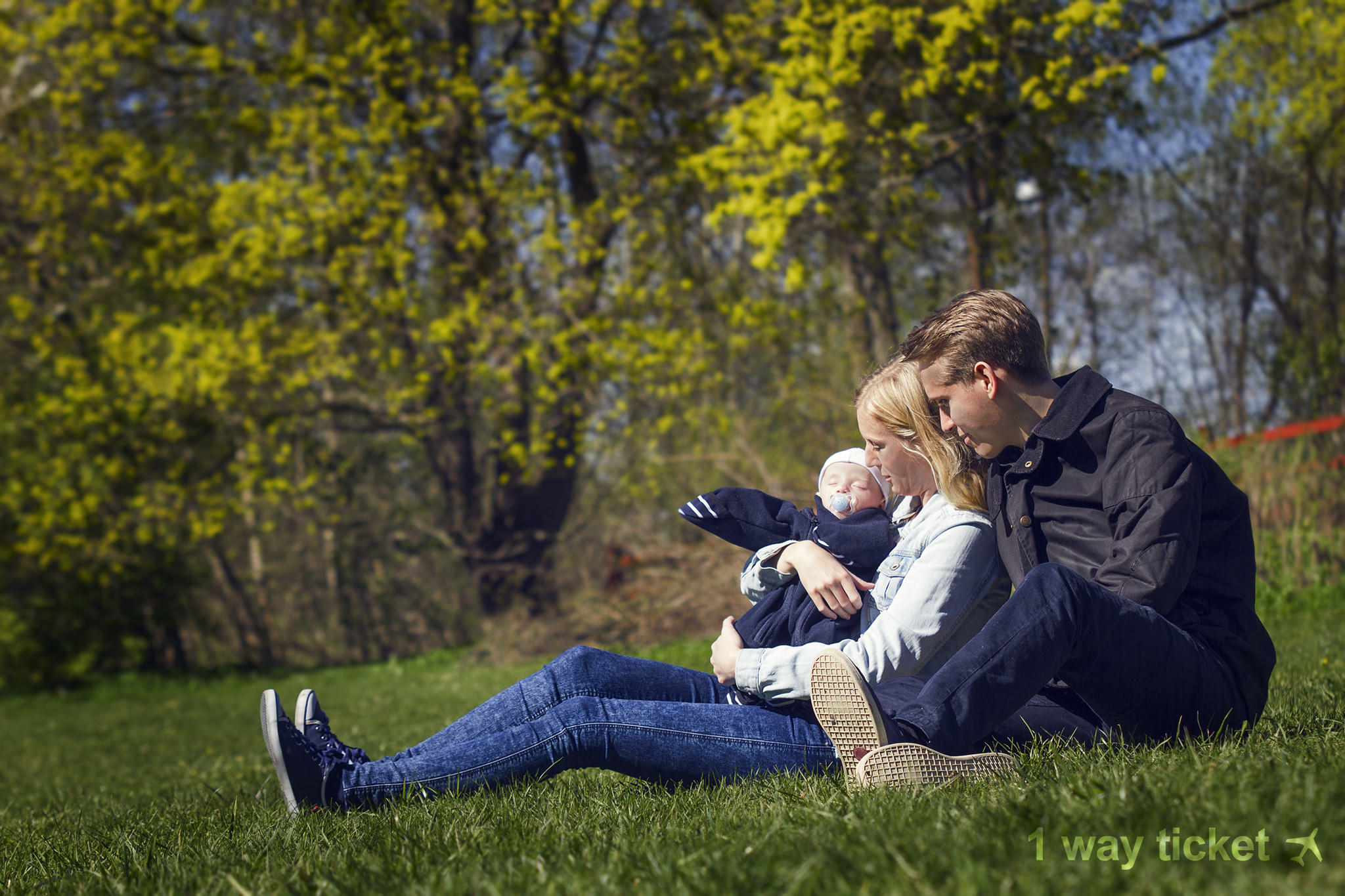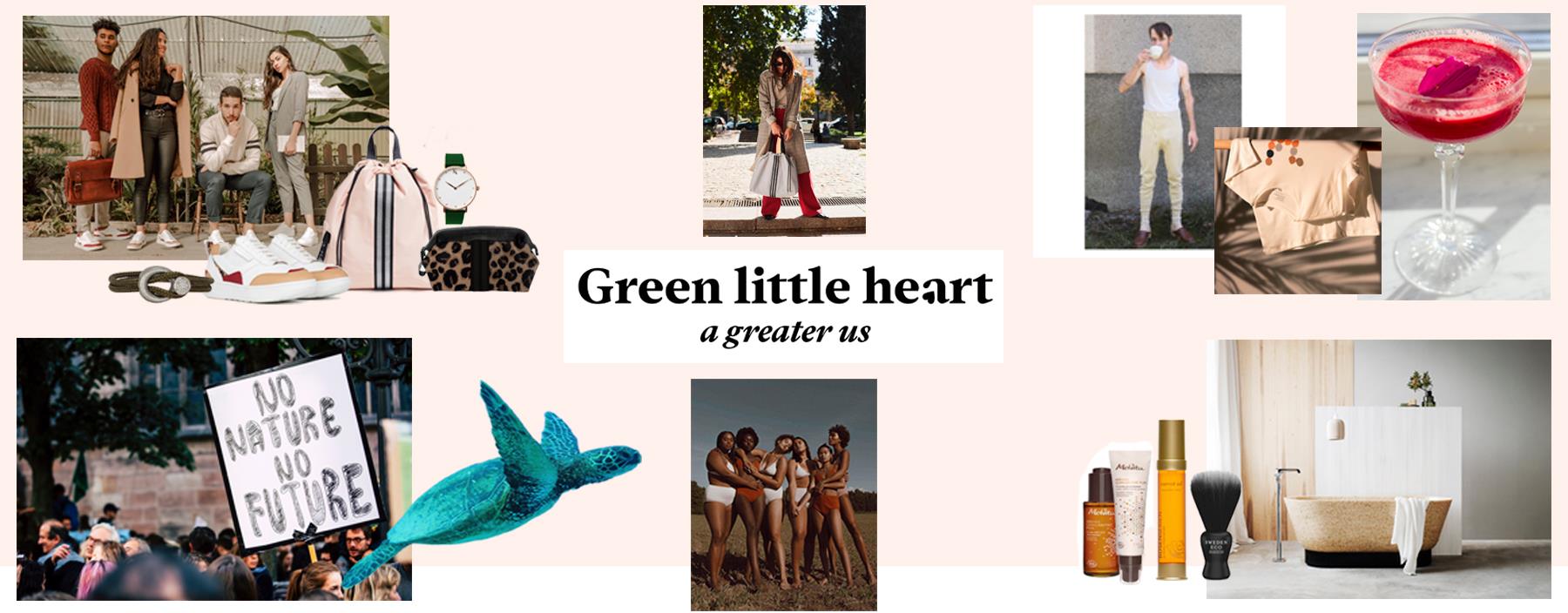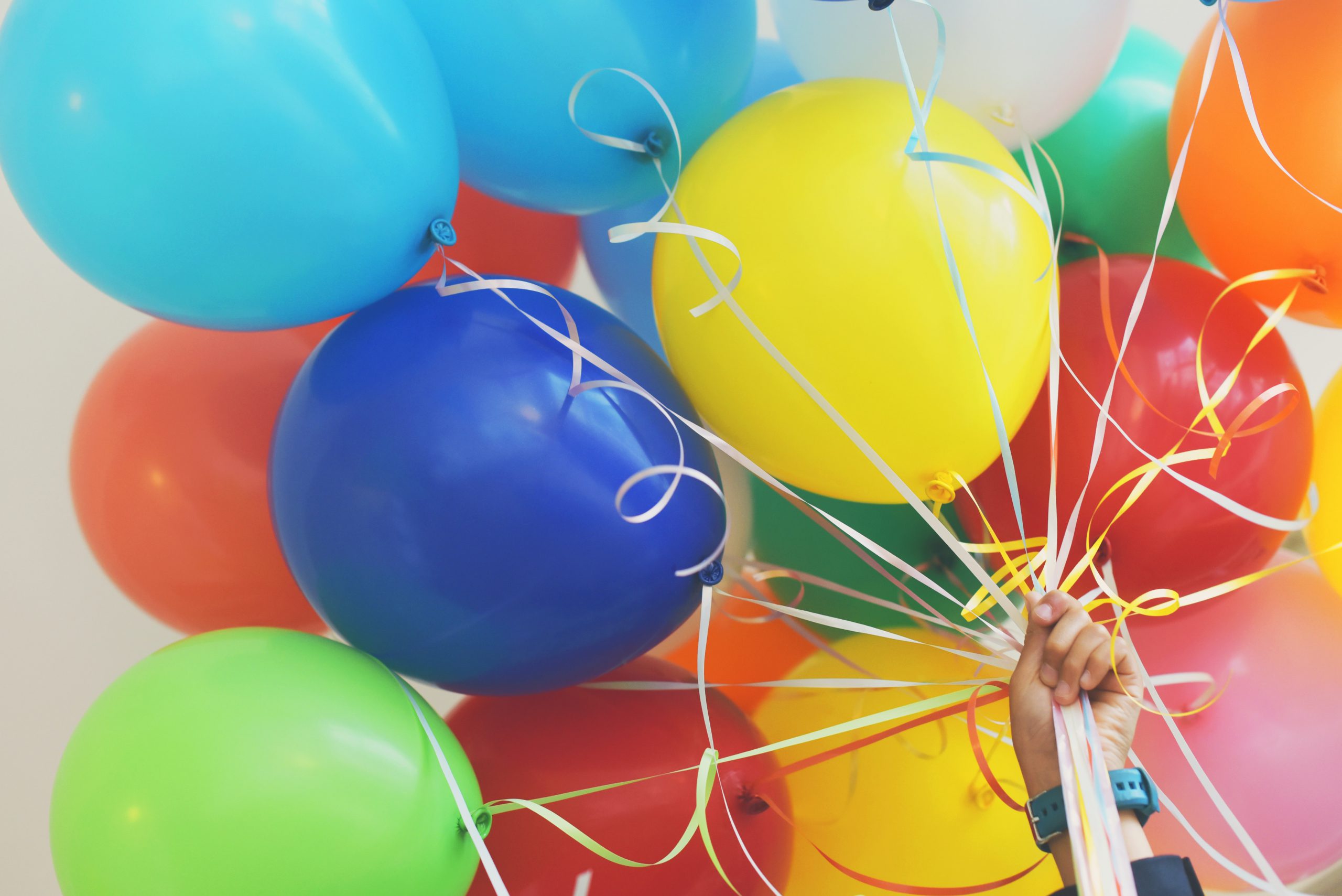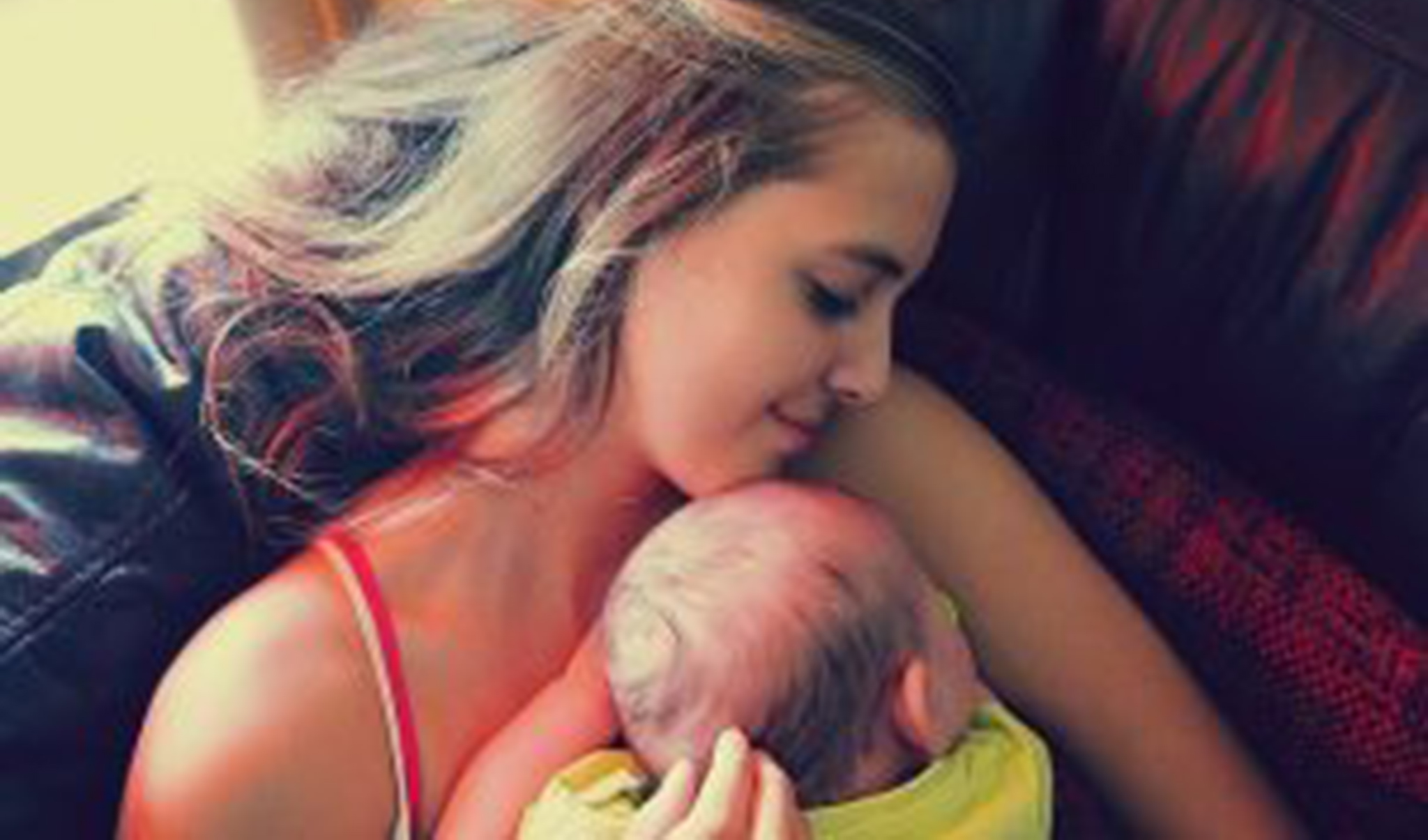Getting cold feet as temperatures plummet and the kids want to make snow angels in sandals? No worries, YLC’s got your winter wardrobe woes covered – booties, bags and beanies!

If you’ve been in Sweden for a while, you may find yourself well aware of what winter is like, but still overwhelmed by the daunting task of dressing your wee little tykes appropriately. YLC is here to give a breakdown of what you need for your kids to enjoy quality time outside, all winter long.
The Swedes like to say there is no bad weather, just bad clothes. Parents, take heed: Children in most Swedish schools, particularly preschools, spend a lot of time outside. But of course, depending on what age your children are – their clothing needs will differ. Let’s get started!
General advice for kids of all ages
Wool is your best friend when winter rolls around – not just for your own socks, but as the layer of clothing closest to your child’s skin. Wool keeps kids warm while wicking away moisture, unlike cotton, which locks it in. As the snow piles up you will be grateful for the existence of wool socks, wool bodysuits, wool long undewear, wool balaclavas, wool hats, and even wool shoe inserts. Layering wool with cotton or fleece (depending on the temperature) is also a wise move, but keep wool close. It may well take additional time to peel off more layers, but it’s practical to be able to remove or add some clothes depending on your child’s activity level.
Footwear
During not-quite-frozen winter weather and not-quite-spring months, your ambulatory children would benefit from lined rain boots. Prices vary depending on the brand, but regardless, lined rain boots are a staple for dark, damp days. (No bad weather, remember?) Swap out regular socks for wool socks for some extra warmth.
And when you do need full-on winter boots, Gore-Tex is your friend. I repeat, Gore-Tex is your friend. Children’s boots range from expensive to even more expensive to “Are you freaking kidding me?” expensive. Across this range of prices, you have boots with Gore-Tex waterproofing and some brands that claim to be waterproof (involving technology that is unfortunately not Gore-Tex). Cheekiest are those boots that are blessed with neither.
If you want your child to spend any amount of time outside, don’t even think about buying winter boots that are not waterproof.
If you want your child to spend any amount of time outside, don’t even think about buying winter boots that are not waterproof.
To save money, look at Blocket, Tradera, and flea markets or second-hand shops to get a used pair. The smaller the size, the greater the chances that the boots were only used for a short time since kids’ feet grow so fast; buying used in this case can save you upwards of 400 SEK.
Newborn to crawling stage
Chances are that much of your time outside with a newborn will involve the child being already cocooned into a stroller bassinet (“liggdel”, or, for some strollers, this might be called a “mjuk-“ or “hårdlift”). When the weather drops below zero, many parents use a winter “åkpåse” (travel bag), which looks like a sleeping bag. These åkpåsar are available in a range of sizes and prices, with off-brand one-size-fits-most being the cheapest.
If you’re not going to be outside for long and your baby is inside a winter åkpåse within a bassinet, they won’t need much more clothing than a hat and perhaps some light outerwear overalls and a regular outfit underneath. It’s easy to overdress small babies, so keep in mind that when they’re protected from wind inside the stroller and in an åkpåse, they’ll be quite comfortable.

If you plan to be out longer or your child is no longer in a bassinet, some warmer outwear overalls, a hat and mittens, and boots should be sufficient coverage for short trips in the stroller. When it’s colder and you’ll be outside with the stroller for a longer period of time, go all out. Keep your child cozy and content with winter overalls, boots, hat, mittens, and that åkpåse.
Toddlers and preschool-aged kids (through age 5)
Outerwear options for small children include one-piece overalls and two-piece sets. A convenient advantage of overalls is snow can’t get inside even when kids roll in the snow. They are also faster to put on than separate pants and a jacket. However, it’s easier to peel off a coat indoors while running errands, whereas removing the top half of overalls usually results in them falling below the child’s hips as they walk.
Much like winter boots, winter outerwear comes in a range of prices and quality. Frequently you get what you pay for, but not always, so know what qualities you want in your outerwear.
They should be waterproof and hold up to use and abuse. Having taped seams and reinforced knee, bum, and elbow areas contribute to durability.
They should be waterproof and hold up to use and abuse. Having taped seams and reinforced knee, bum, and elbow areas contribute to durability.
Some brands will include info on the tags describing the degree of waterproofing of the external fabric.
If you understand Swedish or have a patient Swedish-speaking friend, check out this year’s review of children’s winter overalls from product evaluation agency TestFakta here.
Many Swedes also swear by putting a sheep skin in the stroller, keeping your child snug and warm even in the coldest weather.
Children 6 years and above
Which outerwear you choose for your child will depend upon how much time they spend outside. If your child enjoys playing in the snow (which is pretty much a given for any child not yet a teenager) keep this in mind when you decide on the quality of outerwear you are willing to pay for. As with younger children – the trick is smart layering and most (children’s) clothes shops stocks wool undergarments (often called an underställ) for older children (and adults) as well. They won’t mind wearing them – all their friends will be too!
Again, bargains can be made on sites like Tradera or Blocket – but don’t rule out the sports shops like Stadium and Intersport. Often they will have a range of options to suit all purses.
Enjoy the snow!
Alexandra D’Urso
Boston-area native Alexandra moved to Sweden in 2009 and gave up cod for smoked salmon and Sam Adams for wine in plastic bottles with screw caps. When not bragging about the awesome aspects of Swedish life to people back home, she spends time writing and laughing loud enough to disturb innocent bystanders.
Follow Alex and Your Living City on Twitter!












2 Comments